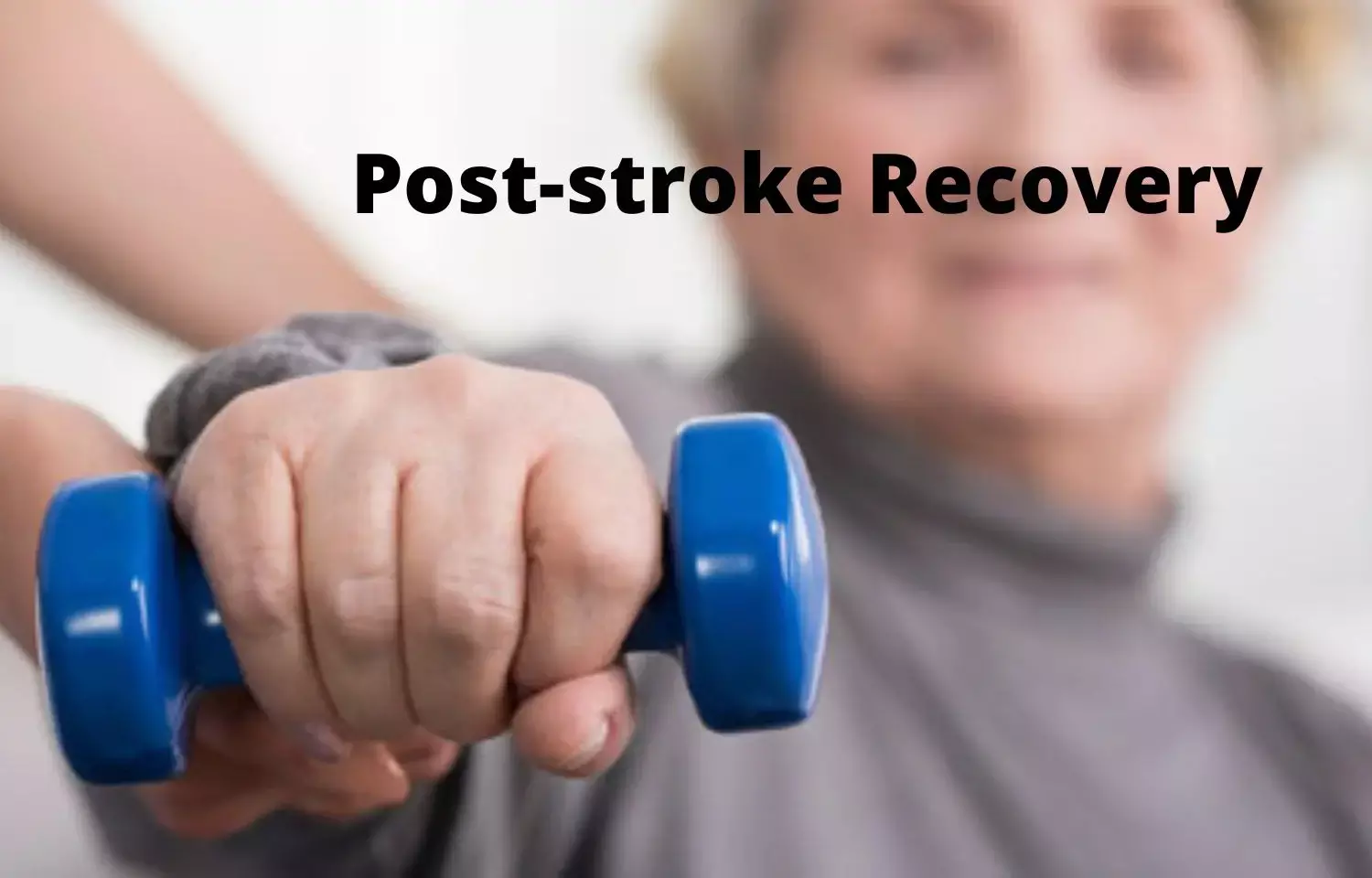- Home
- Medical news & Guidelines
- Anesthesiology
- Cardiology and CTVS
- Critical Care
- Dentistry
- Dermatology
- Diabetes and Endocrinology
- ENT
- Gastroenterology
- Medicine
- Nephrology
- Neurology
- Obstretics-Gynaecology
- Oncology
- Ophthalmology
- Orthopaedics
- Pediatrics-Neonatology
- Psychiatry
- Pulmonology
- Radiology
- Surgery
- Urology
- Laboratory Medicine
- Diet
- Nursing
- Paramedical
- Physiotherapy
- Health news
- Fact Check
- Bone Health Fact Check
- Brain Health Fact Check
- Cancer Related Fact Check
- Child Care Fact Check
- Dental and oral health fact check
- Diabetes and metabolic health fact check
- Diet and Nutrition Fact Check
- Eye and ENT Care Fact Check
- Fitness fact check
- Gut health fact check
- Heart health fact check
- Kidney health fact check
- Medical education fact check
- Men's health fact check
- Respiratory fact check
- Skin and hair care fact check
- Vaccine and Immunization fact check
- Women's health fact check
- AYUSH
- State News
- Andaman and Nicobar Islands
- Andhra Pradesh
- Arunachal Pradesh
- Assam
- Bihar
- Chandigarh
- Chattisgarh
- Dadra and Nagar Haveli
- Daman and Diu
- Delhi
- Goa
- Gujarat
- Haryana
- Himachal Pradesh
- Jammu & Kashmir
- Jharkhand
- Karnataka
- Kerala
- Ladakh
- Lakshadweep
- Madhya Pradesh
- Maharashtra
- Manipur
- Meghalaya
- Mizoram
- Nagaland
- Odisha
- Puducherry
- Punjab
- Rajasthan
- Sikkim
- Tamil Nadu
- Telangana
- Tripura
- Uttar Pradesh
- Uttrakhand
- West Bengal
- Medical Education
- Industry
SSRIs effective for Improving Post-stroke Recovery, finds meta-analysis

Jordan: A meta-analysis study reported that selective serotonin reuptake inhibitors (SSRIs) are safe and effective in post-stroke recovery. The study was published in the Journal of the American Heart Association.
Globally, Stroke is the second leading cause of mortality affecting 13.7 million people each year. Despite the availability of safe and effective reperfusion therapies, stroke causes long-term functional disability in up to 75% of survivors. These data suggest an urgent need for novel treatment strategies to improve post-stroke recovery, particularly in view of the ongoing demographic change toward population ageing, in developed and developing countries around the globe. In recent years, great progress has been made in the treatment of acute stroke but post-stroke disability is still an unsolved problem. Selective serotonin reuptake inhibitors (SSRIs) are a class of drugs that are typically used as antidepressants in the treatment of the major depressive disorder, anxiety disorders, and other psychological conditions.
Several clinical studies have shown SSRIs might improve clinical recovery from the stroke but they were limited by small sample sizes and heterogeneous designs. Heba M, University of Jordan, Jordan and colleagues decided to conduct a systematic review and meta‐analysis to investigate the efficacy and safety of SSRIs in post-stroke recovery.
Investigators searched PubMed, Cochrane, Scopus, and Google Scholar databases for the studies that were placebo‐controlled trials in design and reported SSRIs' effects on post-stroke depression, anxiety, disability, dependence, motor abilities, and cognitive functions. The quality of the included studies was assessed using the revised Cochrane risk‐of‐bias tool for randomized trials. The search yielded 44 articles consisting of 16 164 patients and about half of them were treated with SSRIs.
The review results showed that,
• SSRIs had a significant effect on preventing and treating depression and also on improving anxiety, motor function, cognitive function, and dependence in patients after stroke.
• There was no significant improvement in disability after treatment with SSRs
• Treatment with SSRIs increased the risk of seizures (RR-1.44), but there was no difference in the incidence of gastrointestinal symptoms or bleeding between SSRIs and a placebo.
• The subanalysis results showed that citalopram was significantly associated with improving the post-stroke recovery of depression, cognitive function, and motor function but fluoxetine was only effective in treating post-stroke depression.
The authors concluded that SSRIs are effective in preventing and treating depression, and improving anxiety, motor function, cognitive function, and dependence in patients after stroke. The positive findings on SSRIs were mainly driven by citalopram and not fluoxetine, suggesting that citalopram but not fluoxetine improved the recovery outcomes of patients after stroke.
The authors emphasized the need for well‐conducted placebo‐controlled trials to investigate the safety and efficacy of citalopram among patients after stroke.
Heba M. Kalbouneh, Ahmad A. Toubasi, Farah H. Albustanji, Yazan Y. Obaid and Layla M. Al‐Harasis
Originally published22 Jun 2022 https://doi.org/10.1161/JAHA.122.025868Journal of the American Heart Association. 2022; 0:e025868
BDS
Dr. Hiral patel (BDS) has completed BDS from Gujarat University, Baroda. She has worked in private dental steup for 8years and is currently a consulting general dentist in mumbai. She has recently completed her advanced PG diploma in clinical research and pharmacovigilance. She is passionate about writing and loves to read, analyses and write informative medical content for readers. She can be contacted at editorial@medicaldialogues.in.
Dr Kamal Kant Kohli-MBBS, DTCD- a chest specialist with more than 30 years of practice and a flair for writing clinical articles, Dr Kamal Kant Kohli joined Medical Dialogues as a Chief Editor of Medical News. Besides writing articles, as an editor, he proofreads and verifies all the medical content published on Medical Dialogues including those coming from journals, studies,medical conferences,guidelines etc. Email: drkohli@medicaldialogues.in. Contact no. 011-43720751


